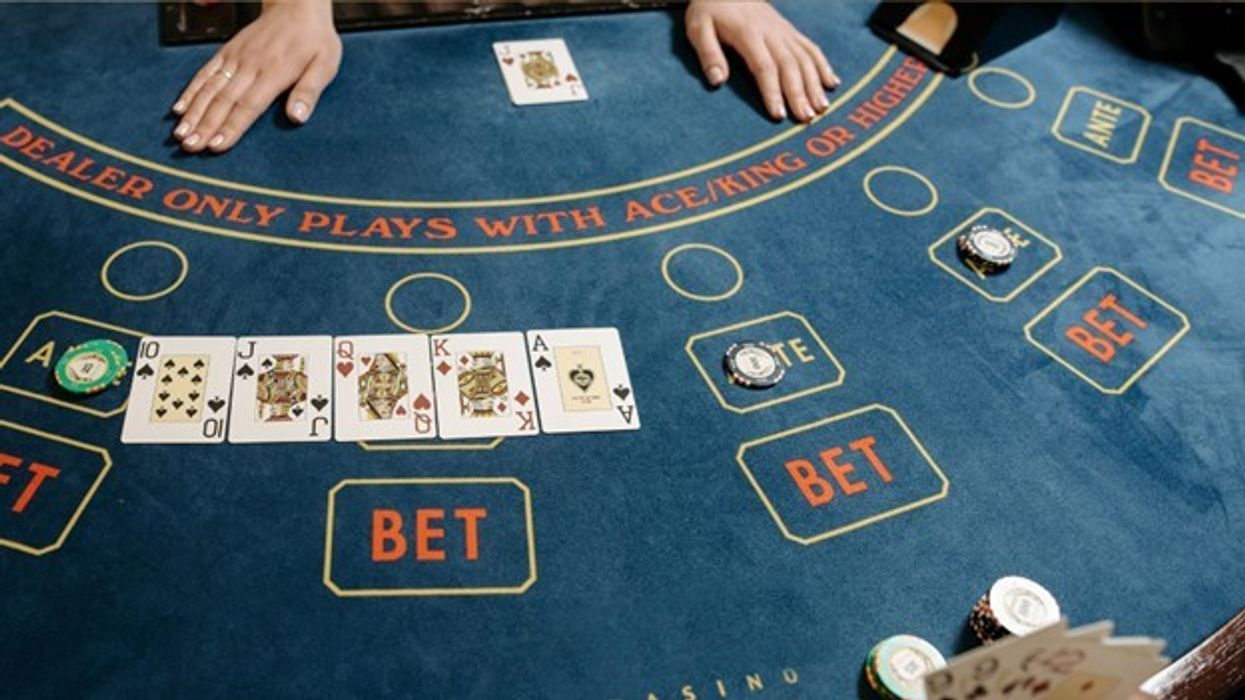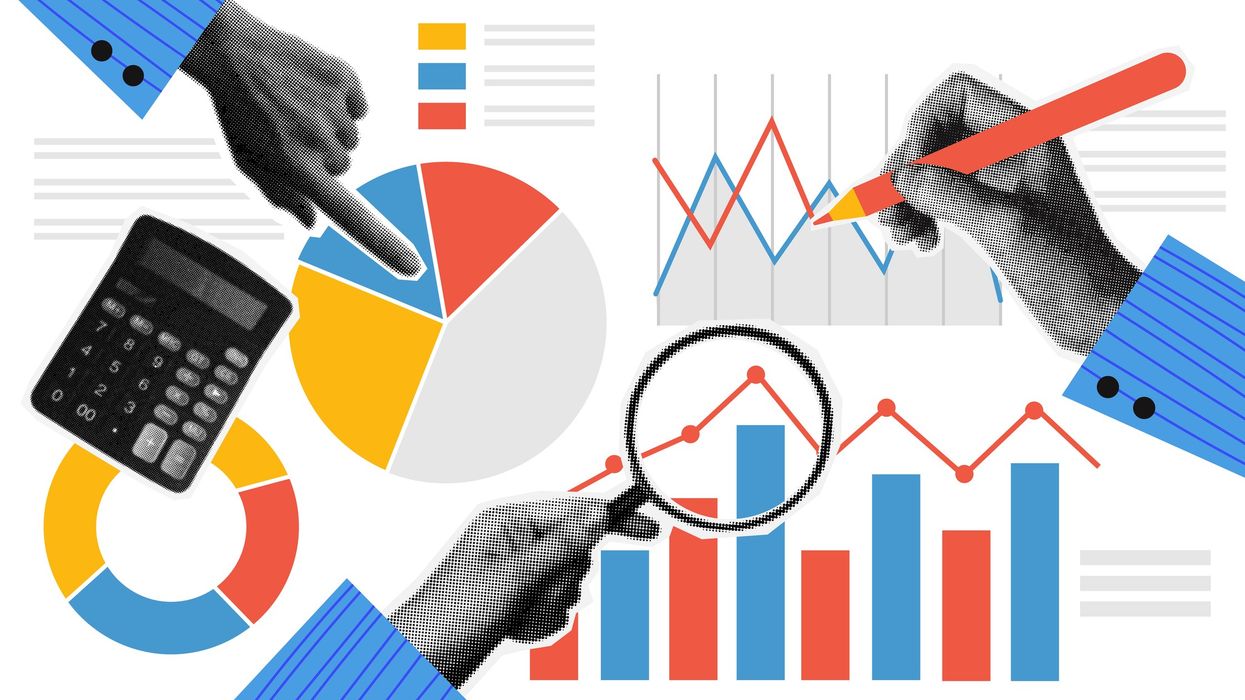2025 marks a transformative year for player incentivization as UK casinos shift their strategy to better fit the modern online gambling era. The operational flexibility that comes with a flourishing economy increases competition within the industry, leading operators to go beyond more traditional bonus mechanics that utilize sophisticated reward systems to incentivize players creatively.
The Evolution of Casino Incentives
UK casinos have greatly adapted to the rise of modern players who demand more than meaningless advertisement offers. Generic free spins packages paired with deposit matching bonuses are from the distant past and vanish behind the more complex bonuses formed by operators. One example that sticks out is the free welcome bonus no deposit required, which has been revived but is much easier to partake in.
Instead of existing as a promotional gimmick, these incentives have transformed into competitions that attract customers to utilize numerous marketing tools, allowing operators to capture the value of modern players. The logic of this shift reflects an understanding within the industry that, unlike other industries, the player's acquisition cost has to always align with their longer-term value.
Promotional activities are much more effective when they are customized for specific players as opposed to being designed for a general audience. Casino operators are able to analyze behavioral data and find certain prevalent patterns of players’ choices and past games played, which enables them to design unique motivational pathways for every given player. For instance, casual gamers, unlike high-stakes gamers and tournament lovers, are served different bonuses so as to cater to their varying needs. This makes it possible to appeal to many players across different categories.
Gamification Transforms Bonus Experiences
Perhaps the most transformative innovation in the UK may reach new heights through advanced gamification features, which is the most impactful change. Casinos have changed bonuses from static rewards that customers are offered to a dynamic experience where they earn them through completing tasks and progress through adventure in themed stories. Such adventures could also include treasure hunts, competitions, and other challenges. This broadens the scope of participation beyond gaming and ignites the need to participate in activities beyond contest gaming sessions.
Rewarding customers through bonuses subjected to strategically crafted stories has more emotional results than psychologically overshooting them. Players do not receive a bonus; instead, they have put in the effort of earning it through skill, persistence, or strategic decisions, which is why the reward becomes more satisfying. In the end, the value of this kind of bonus is greatly enhanced by its strength of attachment put into it mid accomplishing that goal.
Technological Integration Drives Innovation
The latest technological infrastructure supports the newly developed bonus structures. Modern predictive analytics allows casinos to capture and customize bonuses to a player's liking. Continuous machine learning improves these forecasts through his or her predictive profiles’ bonus payout systems.
In 2025, blockchain technology changed how bonuses are paid out. Smart contracts now self-fulfill bonuses by automatically verifying and executing set conditions. Points of friction and lack of transparency that marked older bonus systems are now gone. This technological shift facilitated the development of “progressive bonuses” that improve based on user activity and grant rewards in a multi-level fashion.
Social and Community-Based Rewards
Another fascinating change in the scheme bonuses for UK casino operators has been the emphasis on social and community aspects, further gamifying bonuses. Referral bonuses have transformed into multi-level community-developed bonuses where players can organize themselves into teams or guilds and work collaboratively to achieve collective bonus objectives. These societal constructs become more effective for user retention because they go beyond mere social interaction.
The tournaments and events that take place at casinos nowadays have dramatically changed from a mere leaderboard concept. Modern competitions at casinos now incorporate elimination rounds, team-based activities, and skill and chance combinations to attract different players. The award for these competitions is not only monetary but also exclusive, personalized, and has higher community status on the platform.
Regulatory Adaptation and Responsible Innovation
The UK Gambling Commission's framework is continuously evolving, which has been the backbone of bonus innovation and has directed operators towards creating more appealing and responsible bonus incentives. Newer bonus systems use more sophisticated, responsible gambling tools, including, but not limited to, reality checks, self-exclusion, and risk-tailored assessments. These measures make sure that bonus systems encourage healthy engagement and not problematic behavior.
Final Words
The evolution of UK casino bonus restructuring in 2025 was undoubtedly a high-level reflection of the operator's response to player needs in combination with market conditions, regulatory issues, and technology. The operators have created more meaningful engagement opportunities by offering personalized, gamified, technologically enhanced experiences rather than simple monetary benefits which at the same time reduced regulatory problems.
As these innovations progress, gamers will be able to anticipate more complex and customized bonus journeys, which amplify the overall gaming experience in a way that encourages responsible participation. The operators who best integrate innovation with player value and create bonuses that enhance the gaming experience instead of driving Welcome-back short-term activity will be the most successful ones.




